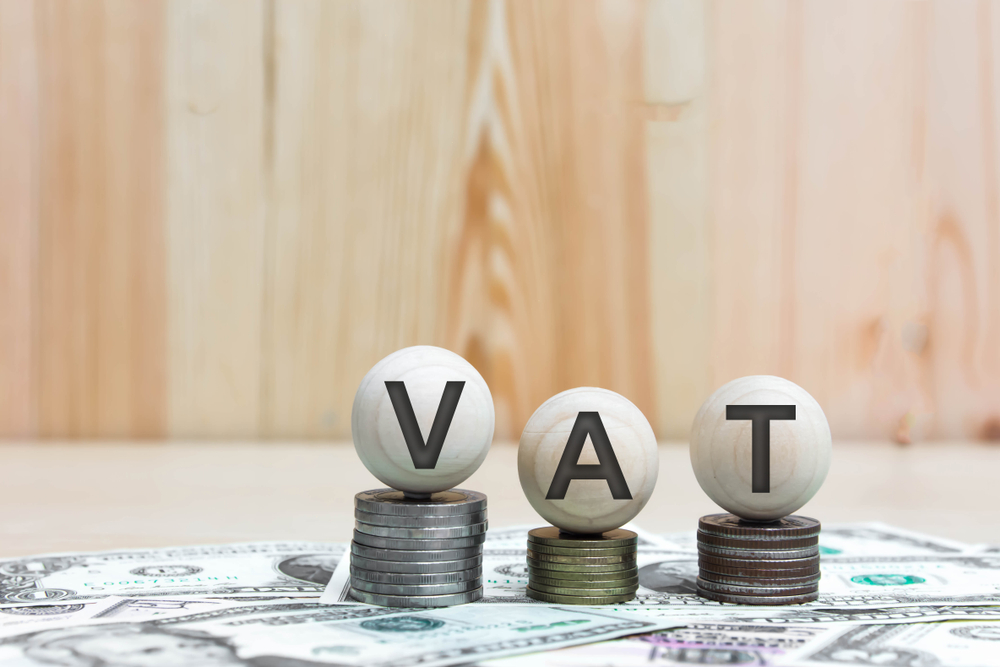What Exactly Is VAT?
VAT is a tax system operated by many economies around the world, including the United Kingdom. VAT stands for Value Added Tax and is an additional fee on top of the price of the goods and services you offer. It is indirect taxation from the government on almost-all items and services sold. It is not additional revenue for a business. You charge for your products, the government then charges a percentage fee of that price, which you collect on behalf of HMRC and send to them as part of your VAT tax returns. The consumer pays both the product price and VAT.
VAT is charged at 20% of the value of the goods sold. This is known as standard rate VAT. There are exceptions to standard rate VAT. Some goods or services are exempt from VAT, while others come at a reduced rate or zero rate. You can find all the information about exceptional VAT circumstances here.
Should I Register for VAT?
So if you charge VAT, your customer pays more — but you don’t get any extra cash?
That doesn’t sound like something you’d want to be involved in. After all, 20% extra is a lot of money on some purchases.
Why not just avoid registering for VAT? Because VAT is not optional — you need to register. If you earn over the threshold for VAT payments — £90,000 as of 2020 — you must register for VAT.
You should register for VAT once you hit this mark. You do not have to register or pay VAT if you earn below the threshold, but once you have, you must charge VAT to customers and pay that money to HMRC through VAT tax returns.

